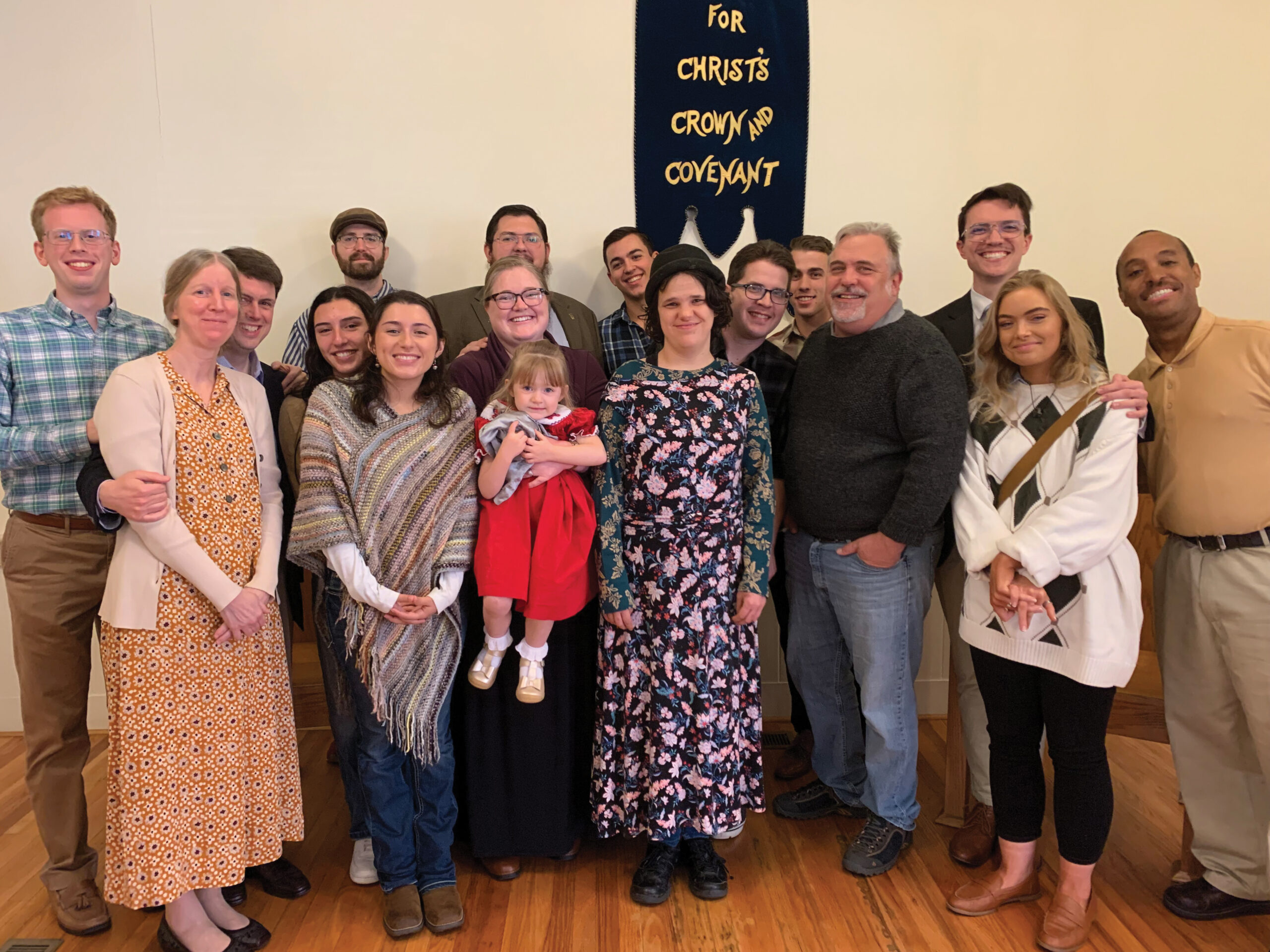Written by Drew Poplin for The Reformed Presbyterian Witness.
Introduction
In a passage that greatly informs the missionary prayers of the church, we read, “After these things the Lord appointed seventy others also, and sent them two by two before His face into every city and place where He Himself was about to go. Then He said to them, ‘The harvest truly is great, but the laborers are few; therefore pray to the Lord of the harvest to send out laborers into His harvest’” (Luke 10:1–2). While many principles and precepts could be drawn from this passage, here are two points worthy of consideration. First, there is a need for the raising up of ministers to preach the gospel. Second, our Lord gave these men the company of another to help them in their work together. These twin truths undergird the Resident in Training program of the Home Missions Board (HMB).
The Resident in Training program pairs a (typically) young prospective church planter with a seasoned and experienced pastor with church planting experience. The program lasts for two years, during which the HMB provides a grant of $12,000 per year and then matches what the congregation pays the resident out of its own funds, up to a maximum of an additional $12,000 per year. The total grant from the HMB is thus up to $48,000 over the two years.
Sessions can submit their applications to be considered by the HMB at either their spring or fall stated meeting. Candidates for funding through this program must be licensed to receive a call but, in accord with each presbytery’s oversight, need not be ordained and installed as assistant pastors. Applications can be found by contacting your presbytery HMB representative, and requirements include providing a job description as well as stated goals for the time of the program. At the end of both the first and second year, the resident in training and pastor overseeing the program assess the progress of both the man and the ministry, which is helpful for the young man as well as for the HMB.
Benefits
Having served as resident in training from 2021–2023 at First (Durham, N.C.) RPC, during which time I led church-planting efforts in the southern portion of Wake County (the capital county of N.C.), I can attest to the various blessings this program was to our congregation and my family. I now offer these as reflections and encouragements from my own time in this program.
First, and most practically, this program provides congregations with the financial aid to develop not only a church plant, but also a church planter, particularly when those resources might not have otherwise been available locally. Another way of saying this is that the RPCNA puts its money where its mouth is. We care about domestic and foreign missions, advancing the kingdom of grace through the proclamation of the gospel and establishing of churches; and, where our treasure is, there our heart is also. This program affords congregations and the Synod to put forward sacrificially their own resources and thereby take responsibility over the work of church planting by having a man on site under the tutelage and care of an elder brother or father in the ministry.
Second, the Resident in Training program truly services the various needs of the body as a whole. From the perspective of a session, when the zeal (albeit, often impetuous) of a young church planter is met by the calm wisdom of older elders, it can be like a tempering of a sword moving from the fire to the forge, so strong and sharp is the result. But not only do the prospective church planter, the overseeing pastor, and the elders together benefit from this work, the whole congregation benefits. The constant prayers and efforts of church planting in a congregation stoke the membership’s zeal for evangelism and discipleship, and often there can be a renewed vigor in the life of the church.

